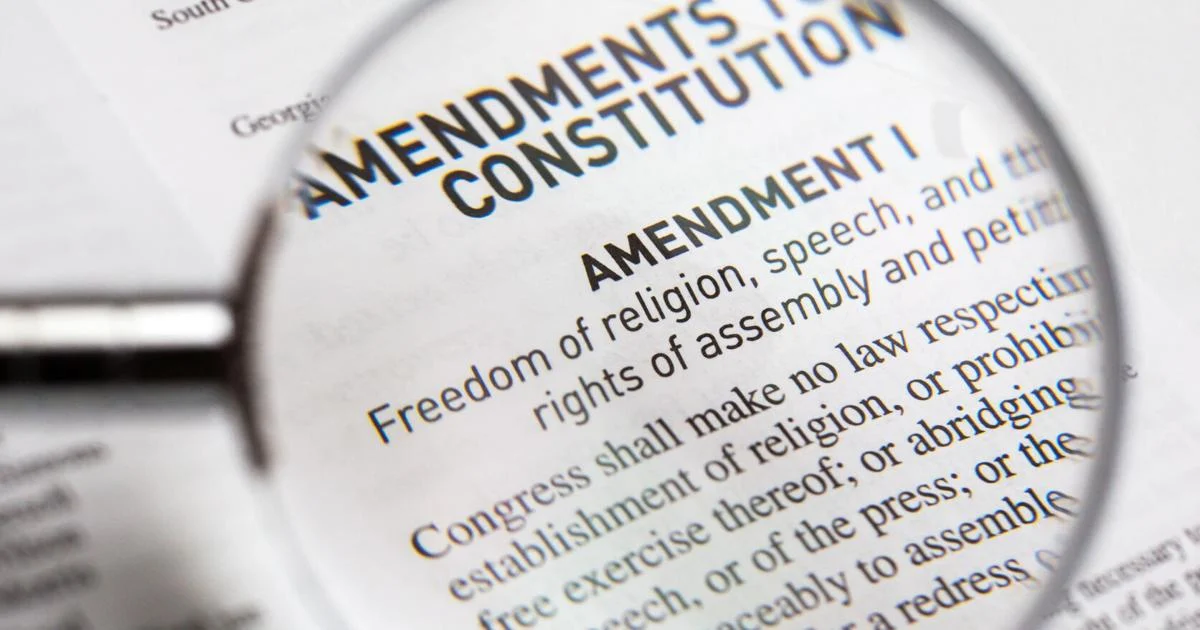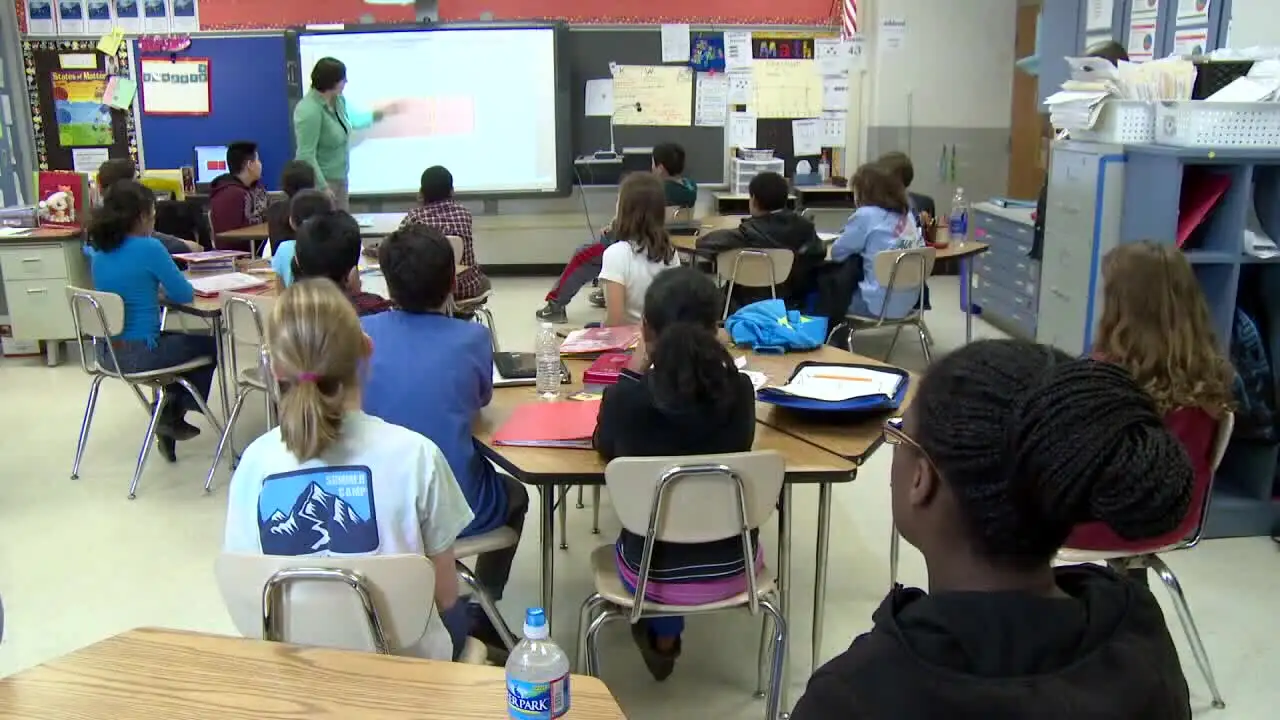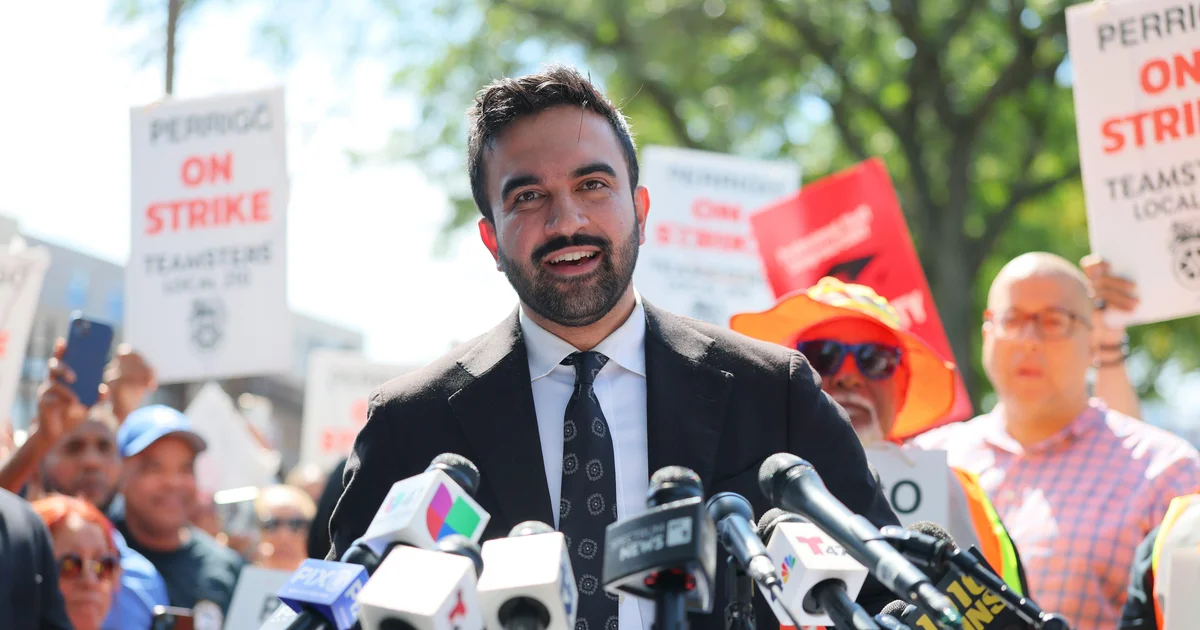
DUNCAN — A former Spartanburg area teacher’s aide has filed a federal lawsuit against her former school district alleging her First Amendment rights were violated in her firing over online posts critical of Charlie Kirk, the conservative podcaster and campus activist shot to death Sept. 10 on a Utah college campus.
Teacher’s aide Lauren Vaughn, who worked at River Ridge Elementary School and was the school’s support employee of the year in 2021, said she was fired Sept. 15 after Spartanburg County School District 5 officials said they received complaints about a since-deleted Facebook post she made the day Kirk was assassinated.
Her dismissal is among a slew of K-12 and college employees who have lost their jobs across South Carolina over anti-Kirk comments over the past week.
Some educators have resigned. Many have been fired.
The case — filed late Sept. 18 — could give educators and districts much-needed guidance on free speech protections and how that speech might be limited when online comments — even when off campus and on an employee’s own time — disrupt educational environments, experts say.
Reached for comment early Sept. 19, District 5 communications director Melissa Robinette said she had just learned about the lawsuit and would prepare a response once the district’s legal team has had time to review the case.
Vaughn’s firing
In her post, Vaughn quoted one of Kirk’s own statements about the tradeoff between gun deaths and Second Amendment rights, and clarified in the comments section that the shooting was “a tragedy.”
According to the suit, she posted “‘I think it’s worth to have a cost of, unfortunately, some gun deaths every single year so that we can have the Second amendment to protect our other God-given Rights. That is a prudent deal. It is rational.’ – Charlie Kirk. Thoughts and prayers.”
That particular quote from Kirk was shared widely on social media at the time, with some posters trying to highlight the irony in the wake of his shooting death and others trying to use it to call attention to gun violence to advocate for gun control measures.
The lawsuit puts Vaughn in the latter group. She said in the comments section of her post that she felt “no satisfaction here. Just heartbreak for anyone and everyone affected by gun violence and a hope that one day, enough will be enough. At the end of the day, all want the same thing—for everyone to be safe in their school, home, church, in a public place, at a rally or event, or just out in public.”
Two days later, she said, the district placed her on administrative leave because of the post, citing staff conduct and social media policies.
Afterward, her suit said, district administrators told her parents and staff had complained. They did not point to the number or substance of the complaint or show how her post had disrupted school operations.
It is unclear whether Vaughn, an aide, was working under a contract with the district, as is standard for certified K-12 public-school teachers.
Speech protections not unlimited
Generally, public employees cannot be fired for expressing a political opinion. But when they are, the courts have to balance the employee’s First Amendment rights with how much the speech caused disruptions to their employer.
Vaughn said her speech caused the district no disruptions.
Allen Chaney, legal director of the American Civil Liberties Union of South Carolina, said his organization has been monitoring the firings.
“If the speech is not during the employee’s, you know, employment time, if it’s not in the classroom, if it’s on private time on social media or something like that, and it’s a matter of public concern, which commenting on a public political assassination certainly is, then it’s protected speech. Period,” Chaney said.
The tensions between free speech rights and wanting to avoid classroom disruptions was laid out in the 1968 Supreme Court ruling Pickering v. Board of Education, said Patrick Kelly, director of government affairs for the Palmetto State Teachers Association.
However, that ruling and the founding fathers’ vision of speech for the sake of political persuasion did not contemplate online echo chambers, social media dopamine hits, doxxing and witchhunts, Kelly said.
“I think this is an inflection point that demonstrates that the public square is not well served on social media because it lacks the context, it lacks the nuance, and most importantly, it lacks the humanity that comes with the kind of free speech, the kind of petition that the founding fathers were envisioning when they wrote the First Amendment,” Kelly said.
When in doubt about whether their online speech could be running afoul of employment policies, Kelly said teachers should ask their supervisors.
The Free Speech Center at Middle Tennessee University responded to the running list of people getting fired over posts by compiling a list of “10 ways to use your free speech without losing your job.”
Vaughn’s suit claims the social media policy, which tells employees they must be professional and respectful in “all” communications and always represent the district “in the best light” was constitutionally vague and overbroad.
She also said the firing was a violation of a state law that makes it a misdemeanor to fire a public employee because of their political opinions or the “exercise of political rights.”
First case in the state
In a Facebook post announcing the suit on Sept. 18, Columbia firm Burnette, Shutt, McDaniel said “Freedom of speech is not just a constitutional right — it is the lifeblood of democracy. It ensures that citizens can debate, question, and challenge those in power without fear of government retaliation. When public employers retaliate against employees for lawful speech, they undermine the very principles that make our democracy strong.”
Employment attorney Jack Cohoon is lead attorney on the case.
The lawsuit names Spartanburg County School District 5, which is just west of the city of Spartanburg and based in Duncan, home of Byrnes High School.
The case could be the first of many, experts say, and is needed. Educators feel the chilling effect of a slew of firings statewide even as districts want all students — regardless of political beliefs — to feel safe and welcome in any classroom, Kelly said.
“The algorithms cause conflict and controversy,” Kelly said. “They want to cause outrage because that keeps you engaged.”
This is a developing story and will be updated.



